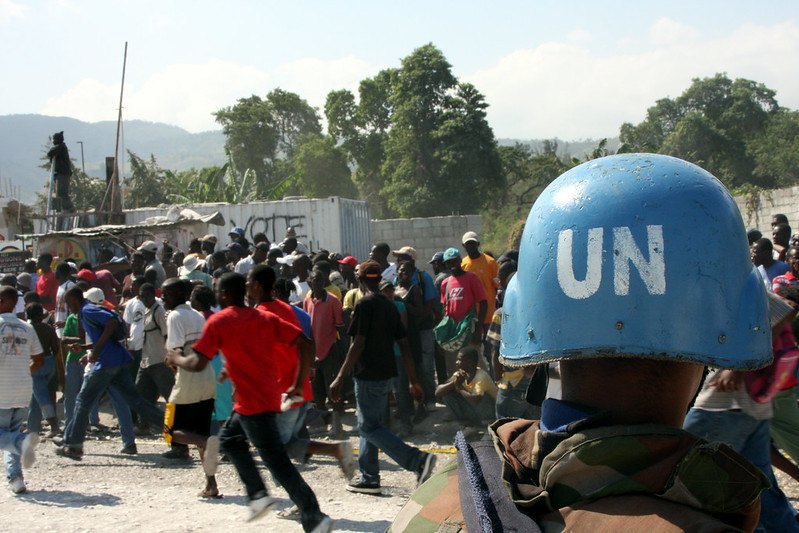Mike Schmitt on No-Fly Zones, LOAC, and Libya
Mike Schmitt (Durham) has an very interesting piece at the Yale Journal of International Law Online concerning UNSCR 1973 and the use of force in Libya. Mike previously served as legal advisor to Operations Provide Comfort and Northern Watch, the no-fly zones over northern Iraq prior to 2003. Among other interesting passages:
If a state establishes a no-fly
Mike Schmitt (Durham) has an very interesting piece at the Yale Journal of International Law Online concerning UNSCR 1973 and the use of force in Libya. Mike previously served as legal advisor to Operations Provide Comfort and Northern Watch, the no-fly zones over northern Iraq prior to 2003. Among other interesting passages:
If a state establishes a no-fly zone in the absence of a Security Council resolution, rules of attack apply within the zone in precisely the same manner as they would outside it. For instance, civilian aircraft violating the zone could not be engaged, as they would constitute civilian objects immune from attack.39 Similarly, attacks against ground-based defenses would have to consider the likelihood of incidental harm to the civilian population or civilian property (proportionality) 40 and would have to be conducted in a manner that minimized harm to that population to the extent feasible (precautions in attack).41 A Security Council-established zone limited to military aircraft, as in the case of Operation Deny Flight, would similarly require standard application of the law of armed conflict. However, enforcement of a Security Council-authorized no-fly zone applying to all aircraft, such as that over Libya, necessarily alters the equation. A civilian aircraft violating a no-fly zone forfeits its civilian status and becomes a “military objective,” because it is making an “effective contribution to military action” and its “destruction, capture or neutralization, in the circumstances ruling at the time, offers a definite military advantage” to the states enforcing the no-fly zone. 42 Were this not the case, the establishment of a no-fly zone prohibiting all flights would be meaningless.
The mere fact that an aircraft qualifies as a military objective, however, does not necessarily mean it may be attacked. In particular, the principle of proportionality prohibits attacks that “may be expected to cause incidental loss of civilian life . . . which would be excessive in relation to the concrete and direct military advantage anticipated.” 43 Therefore, even though violating aircraft are ilitary objectives, they may be downed only if an attack on them would not be expected to cause excessive harm to civilians. This raises the issue of the status of any civilians aboard the aircraft in question–specifically, whether and how harm to civilian passengers during an engagement factors into the proportionality calculation.
Robert (Bobby) Chesney is the Dean of the University of Texas School of Law, where he also holds the James A. Baker III Chair in the Rule of Law and World Affairs at UT. He is known internationally for his scholarship relating both to cybersecurity and national security. He is a co-founder of Lawfare, the nation’s leading online source for analysis of national security legal issues, and he co-hosts the popular show The National Security Law Podcast.




.jpg?sfvrsn=104df884_5)
